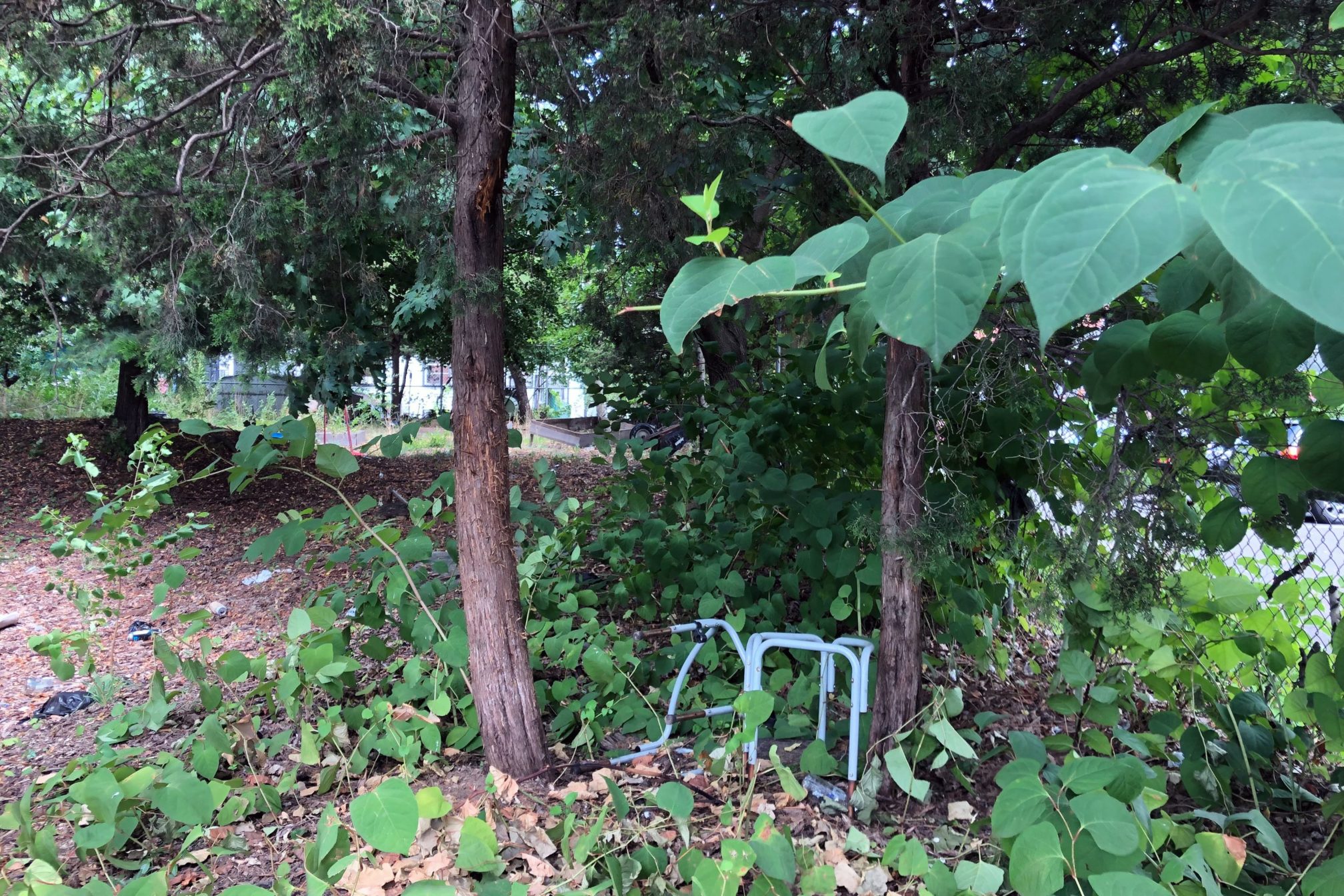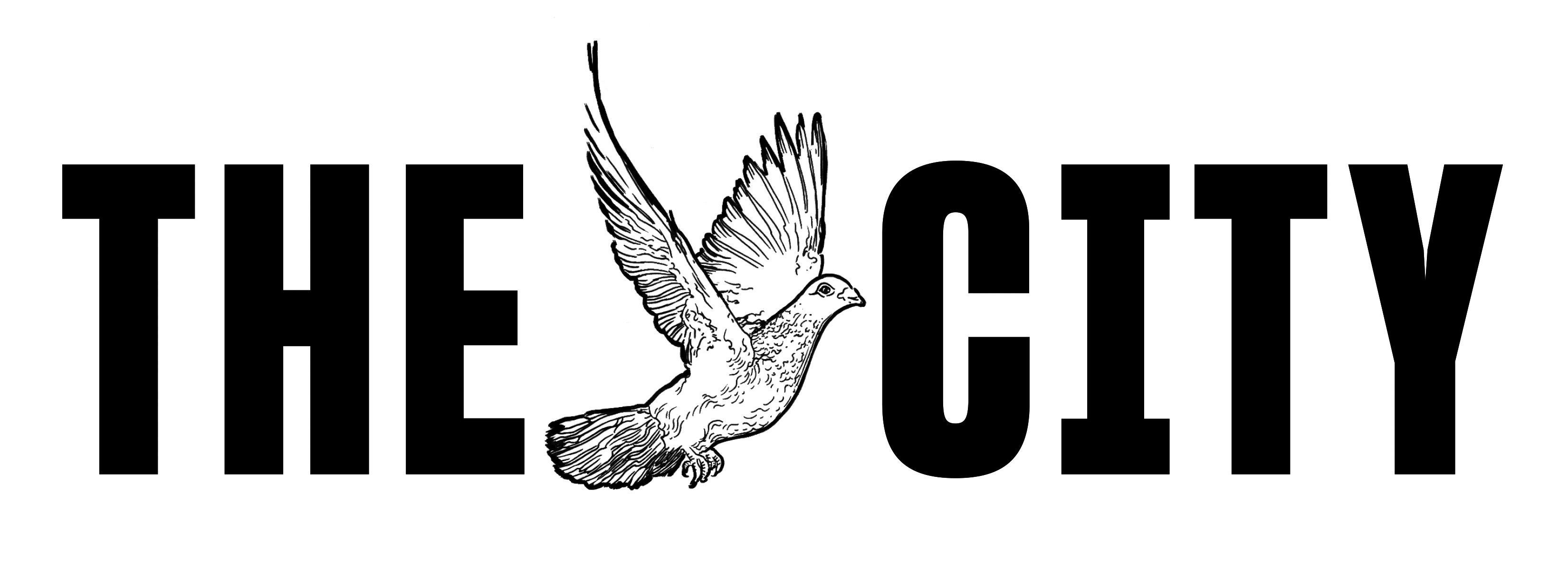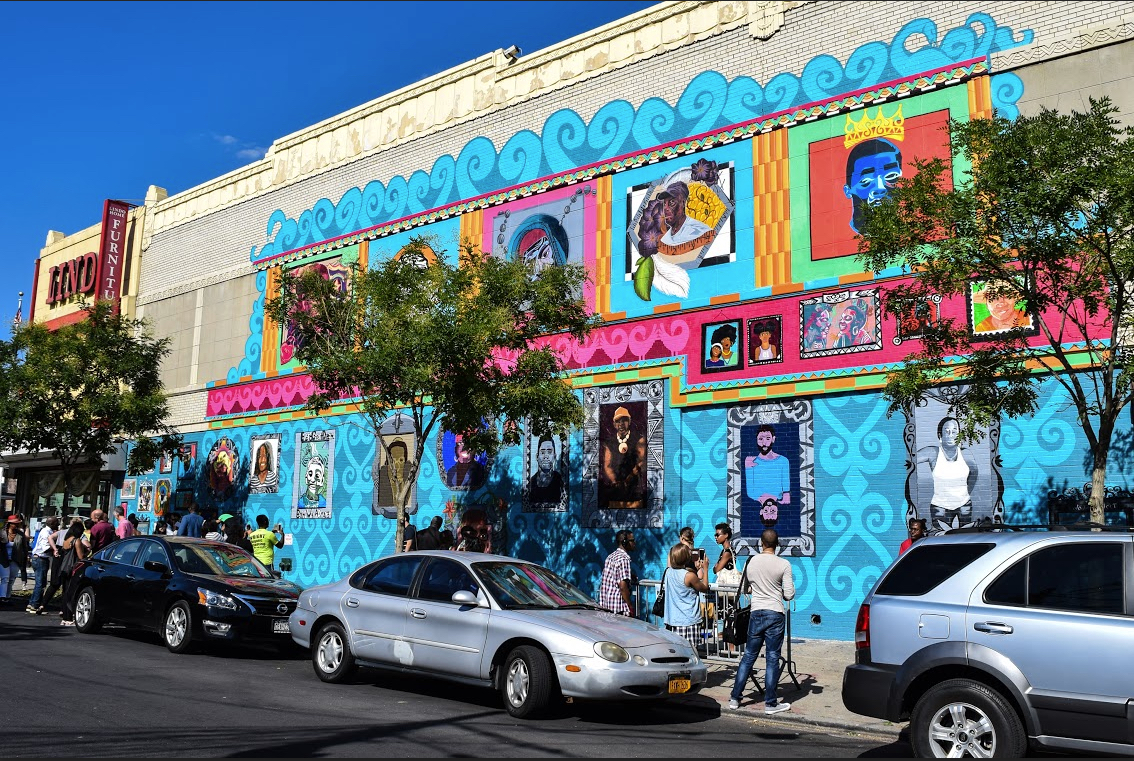Youth-led Brooklyn garden plan tangled in years of confusion

Brownsville youth have been trying to turn this abandoned lot at 45 Somers Street into a garden of “EDEN” for the past three years. Photo by Claudia Irizarry Aponte/THE CITY
 This story was originally published on Aug. 22 by THE CITY.
This story was originally published on Aug. 22 by THE CITY.
Nearly three years after a group of enterprising Brooklyn teens’ seed of an idea to transform a city-owned dumping ground into youth-led community garden, the plan has yet to blossom.
Despite initial support from local nonprofits and elected officials, the sprawling 6,800-square-foot city-owned lot at 45 Somers St. in Brownsville remains strewn with needles, scrap metal and other garbage, a recent visit by THE CITY found.
